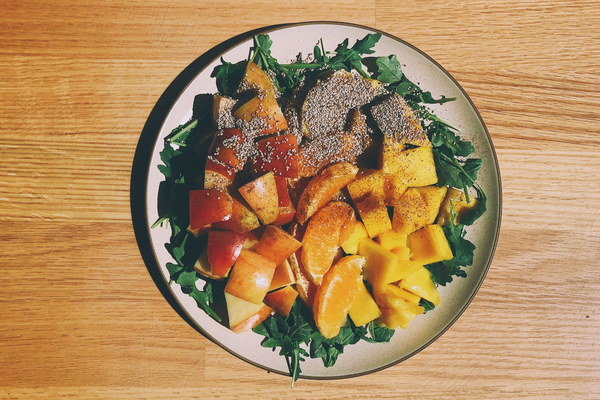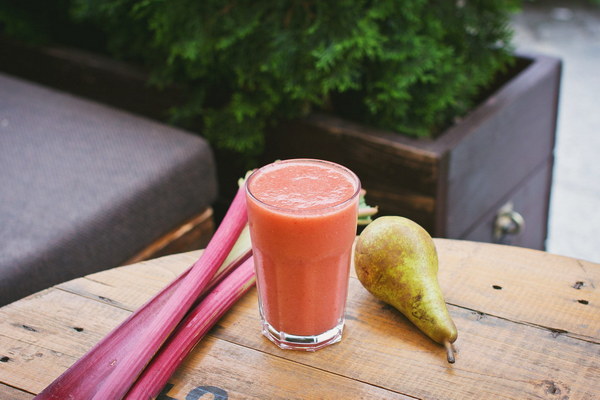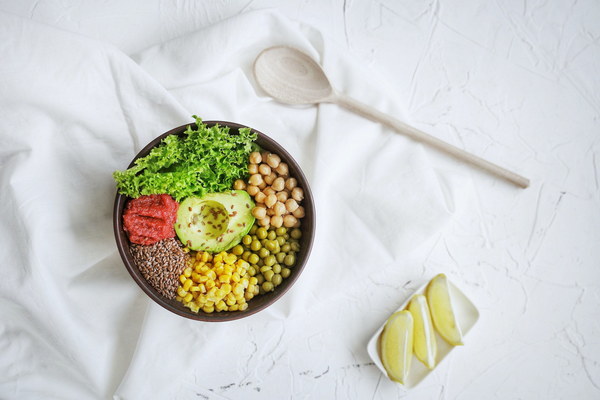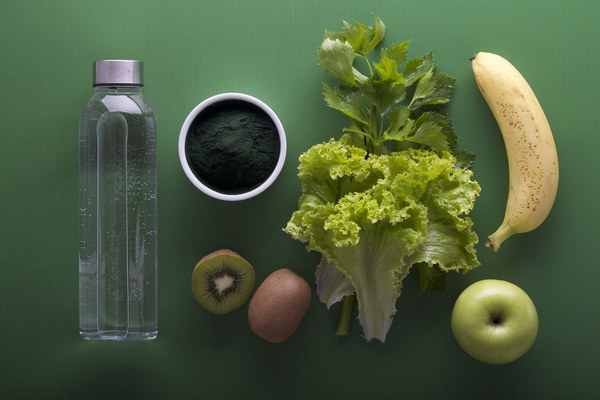Liver Care for Hepatitis How to Nourish Your Liver and Reduce Abdominal Bloating
Hepatitis, an inflammation of the liver, can lead to a variety of symptoms, including abdominal bloating. While it's essential to manage hepatitis through medical treatment, there are several lifestyle changes and natural remedies that can help improve liver function and alleviate bloating. In this article, we will explore the importance of liver care for hepatitis patients and provide practical tips on how to reduce abdominal bloating through nourishing your liver.
Understanding Hepatitis and Abdominal Bloating
Hepatitis is a viral infection that can cause inflammation of the liver, leading to a range of symptoms, such as fatigue, jaundice, and abdominal pain. Abdominal bloating is a common symptom of hepatitis due to several reasons, including liver dysfunction, increased fluid retention, and changes in digestion.
When the liver is inflamed, it may not function as effectively, leading to a buildup of toxins and waste products in the body. This can disrupt digestion and cause bloating. Additionally, the liver's inability to produce enough bile can lead to fluid retention, further exacerbating bloating.
Nourishing Your Liver: A Comprehensive Approach
1. Eat a Balanced Diet
A balanced diet is crucial for liver health and can help reduce abdominal bloating. Include plenty of fruits, vegetables, whole grains, lean proteins, and healthy fats in your meals. Avoid processed foods, excessive sugar, and saturated fats, as they can burden the liver.
2. Stay Hydrated
Proper hydration is essential for maintaining liver function and reducing bloating. Drink plenty of water throughout the day, and limit your intake of caffeine and alcohol, which can further strain the liver.
3. Incorporate Liver-Boosting Foods
Certain foods can help improve liver function and reduce bloating. Incorporate the following into your diet:
- Garlic: Garlic contains sulfur compounds that help stimulate liver enzymes and aid in detoxification.
- Artichokes: Artichokes contain cynarin, a compound that can boost liver function and bile production.

- Milk Thistle: Milk thistle is a well-known herb that supports liver health and helps reduce inflammation.
- Turmeric: Turmeric contains curcumin, which has anti-inflammatory properties and can aid in liver detoxification.
4. Exercise Regularly
Regular exercise can improve liver function and reduce bloating by promoting circulation, boosting metabolism, and reducing fluid retention. Aim for at least 30 minutes of moderate-intensity exercise most days of the week.
5. Manage Stress
Chronic stress can exacerbate liver inflammation and contribute to bloating. Practice stress-reducing techniques, such as meditation, deep breathing exercises, or yoga, to help maintain a healthy liver.
6. Avoid Smoking and Limit Alcohol Consumption
Smoking and excessive alcohol consumption can damage the liver and worsen hepatitis symptoms. Quitting smoking and limiting alcohol intake can help improve liver health and reduce bloating.
7. Regular Medical Check-ups
Regular medical check-ups are crucial for monitoring liver health and adjusting treatment plans as needed. Your healthcare provider can offer guidance on managing hepatitis symptoms, including abdominal bloating.
Conclusion
Liver care for hepatitis patients involves a comprehensive approach that includes diet, exercise, stress management, and medical treatment. By nourishing your liver and implementing the tips outlined in this article, you can reduce abdominal bloating and improve your overall liver health. Remember to consult with your healthcare provider before making any significant changes to your lifestyle or treatment plan.









